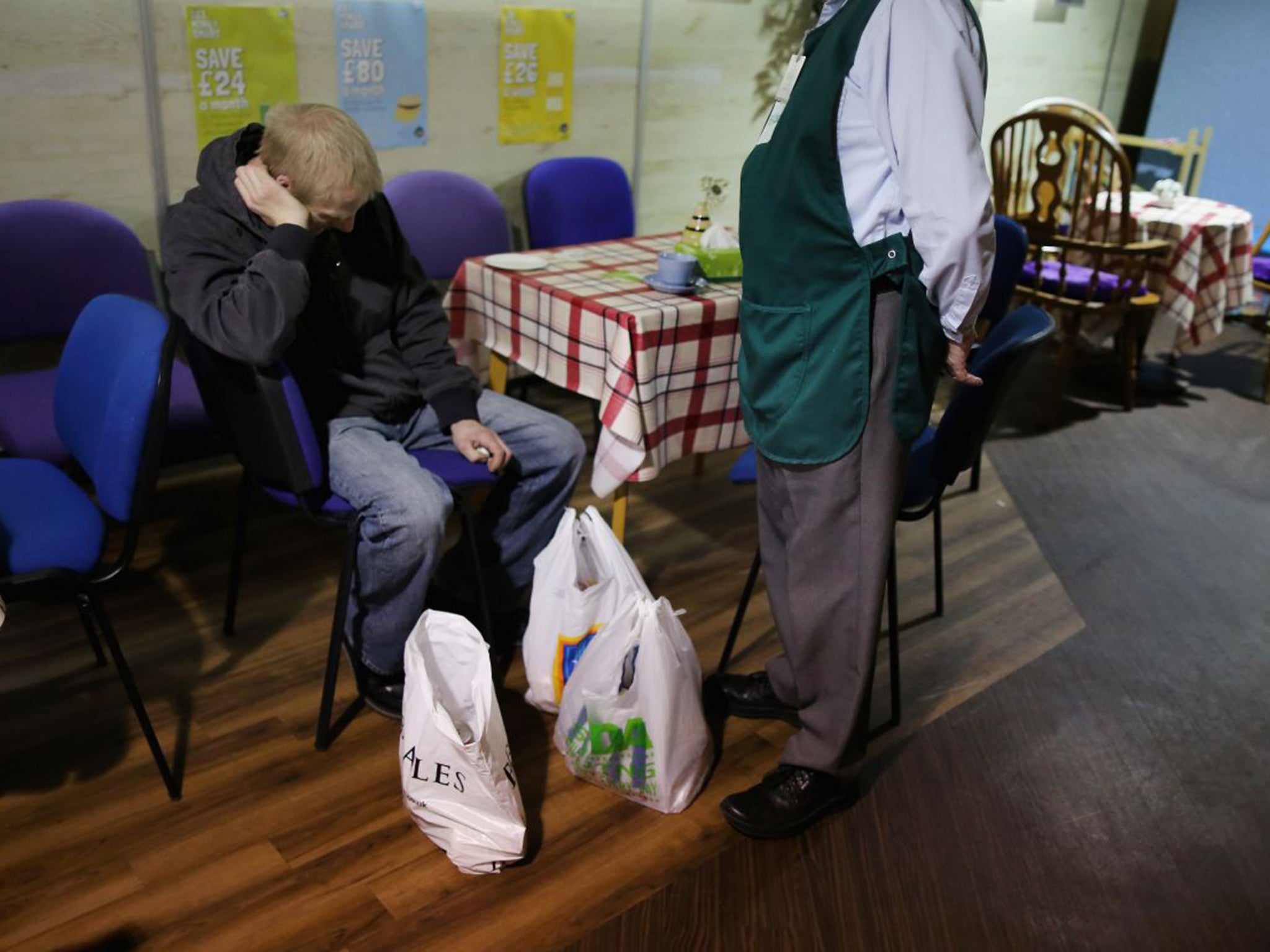Prudence and profligacy: are we guilty of not using the real terms?
Millions are struggling because of increasing costs and Government cutbacks

Your support helps us to tell the story
From reproductive rights to climate change to Big Tech, The Independent is on the ground when the story is developing. Whether it's investigating the financials of Elon Musk's pro-Trump PAC or producing our latest documentary, 'The A Word', which shines a light on the American women fighting for reproductive rights, we know how important it is to parse out the facts from the messaging.
At such a critical moment in US history, we need reporters on the ground. Your donation allows us to keep sending journalists to speak to both sides of the story.
The Independent is trusted by Americans across the entire political spectrum. And unlike many other quality news outlets, we choose not to lock Americans out of our reporting and analysis with paywalls. We believe quality journalism should be available to everyone, paid for by those who can afford it.
Your support makes all the difference.One reader has accused me of being too emotive. Amanda Willis of Leeds writes: “Why do you never mention ‘prudence’? I feel that it is a dirty word nowadays, and yet its exercise could prevent or avoid many of the financial problems of which you write.”
She continues: “You seem to be obsessed with ‘the poor people’ for whom a few lessons in prudence could lead to enormous and beneficial change in their lives.”
Amanda reports that she has lived on a very small income all her life and yet has never had either an overdraft, or been overdrawn. “This has been achieved by exercising prudence and by living within my means,” she says.
She castigates me for using the phrase “hard-up people”. “Why do you not say ‘the profligate’? Your use of language is wrong, misleading and emotive. The prudent should be rewarded for their carefulness and others encouraged to live similarly.”
Amanda makes some fair points. But just because people are struggling doesn’t mean they have been profligate. There are people who have been so, but there are millions more who are struggling because of increasing costs and Government cutbacks or losing their jobs. They simply don’t have the cash to be prudent. We should do all we can to help such people.
The fact that most banking charges are paid by those in debt is not a penalty on the imprudent but close to being a poverty tax. We should help people get out of debt, not push them further into penury, no matter how they ended up with money problems.
Penalty fees can make it impossible for people to climb out of their money problems – and the net result can push them into a depressing spiral of debt.
I agree that people should be encouraged to live within their means which is one reason I always advise against taking out a credit card. I also agree that prudent people should be rewarded for prudence, but not at the cost of penalising struggling folk. We shouldn’t demonise the hard-up: we should be looking for ways to help them.
Join our commenting forum
Join thought-provoking conversations, follow other Independent readers and see their replies
Comments